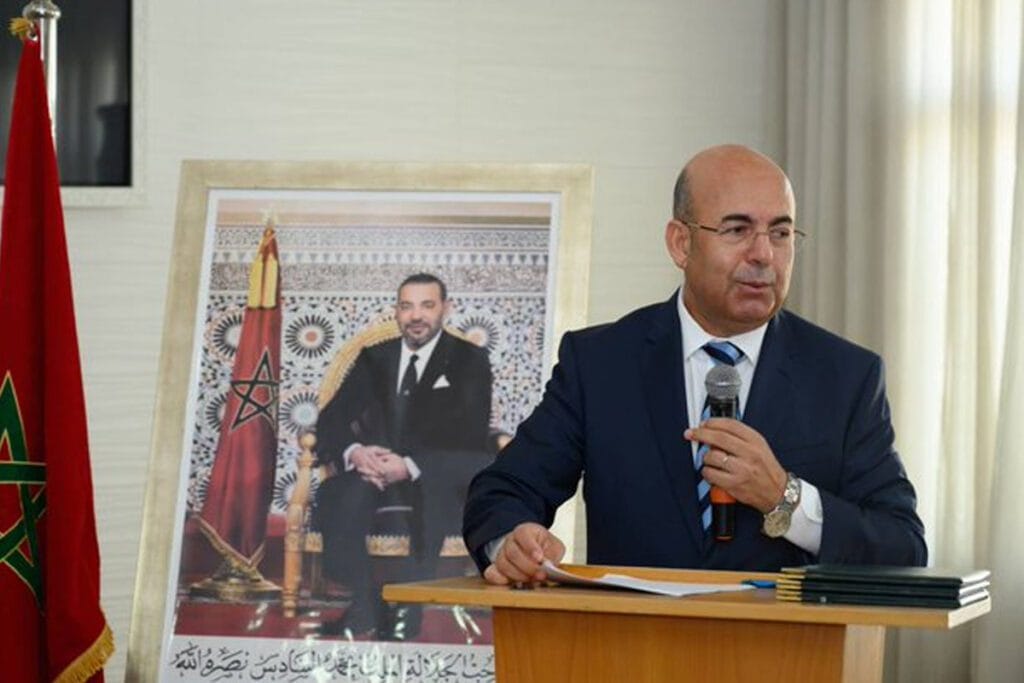The National Agency for Water and Forests (ANEF) unveiled, on Monday in Rabat, the Master Investment Plan (PDI) for the forestry sector, a strategic tool aimed at boosting investments within the framework of the “Forests of Morocco 2020-2030” strategy.
This event, which saw the participation of around a hundred attendees, including national and international experts, is part of a public-private partnership approach aimed at promoting green innovation and sustainably valuing national forest resources.
On this occasion, the Director General of ANEF, Abderrahim Houmy, highlighted the opportunities offered by the forestry strategy for private investors, particularly in the development of the wood industry, ecotourism, and the valorization of forest products such as cork and aromatic and medicinal plants.
“Private investment in the forestry sector is an essential lever to strengthen local production, reduce dependence on imports, and stimulate economic growth while creating sustainable jobs,” he stated.
Mr. Houmy emphasized the importance of Moroccan forests, which cover 12% of the national territory and play a key role economically, socially, and environmentally, reminding that the “Forests of Morocco 2020-2030” strategy, launched by His Majesty King Mohammed VI, aims to transform this sector into a lever for sustainable and inclusive development, while placing local populations at the heart of its management.
For his part, Gian Weck, head of development cooperation at the German embassy, stressed the importance of this initiative, which addresses the pressing challenges of climate change by promoting a transition to a sustainable economy.
Mr. Weck highlighted the crucial role of innovation and entrepreneurship in creating green jobs and sustainably managing forest ecosystems, commending Morocco’s efforts to restore and enhance its forest heritage, particularly within the framework of the national strategy “Forests of Morocco 2020-2030.”
The German official reaffirmed, in this regard, his country’s commitment to support Morocco in this dynamic, emphasizing that such initiatives demonstrate that entrepreneurship can be a viable solution to preserve natural resources while generating economic opportunities.
In a statement to the press, the representative of the Food and Agriculture Organization of the United Nations (FAO) in Morocco, Abdelhak Laiti, emphasized the importance of collaboration between Morocco and the FAO to ensure sustainable management of natural resources, highlighting the strategic initiatives undertaken within the framework of the “Forests of Morocco 2020-2030” strategy to restore forest ecosystems, preserve biodiversity, and promote participatory management involving local communities.
Developed in collaboration with the FAO, the Master Investment Plan for the forestry sector aims to strengthen the climate resilience of ecosystems and local communities.
This plan revolves around several strategic axes, including increasing the productivity of artificial plantations, developing high-potential forestry sectors such as aromatic and medicinal plants, and valorizing cork, pine resin, and carob. In this regard, a concession program covering 120,000 hectares of forests is planned, supported by private investments estimated at 1.25 billion dirhams.
This plan also aims to address Morocco’s dependence on wood imports, which heavily impacts its trade deficit, and to stimulate the competitiveness of the wood industries while ensuring sustainable management and positive economic and social outcomes.
The development of the PDI was based on in-depth studies, including an assessment of economic, social, and environmental impacts, as well as the preparation of regulatory frameworks to govern forest concessions.
As a result, Morocco reaffirms its commitment to promoting sustainable management of its natural resources and addressing the climate and socio-economic challenges of the forestry sector.
On the sidelines of this event, the five winners of the 2nd edition of the Green Startup Competition were awarded. This initiative, supported by the German International Cooperation Agency (GIZ), the Agricultural Credit of Morocco, and Mohammed VI Polytechnic University, recognized innovative projects in areas such as ecotourism and the valorization of forest products.


